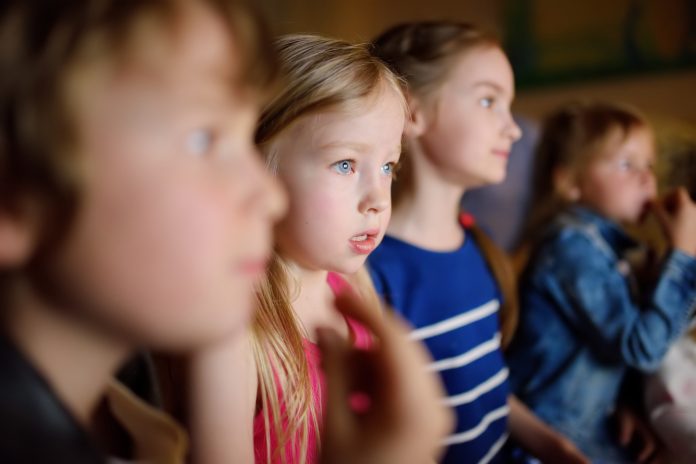A new study of 8 to 11 year olds shows an association between heavy screen time and poorer reading performance, as well as between computer use and poorer numeracy
Previous studies of children and adolescents have found strong links between the use of electronic media such as television, computers, and video games and declining health problems such as obesity and poor sleep. Higher levels of electronic media usage is also associated with better access to information, tech skills, and social connection.
However, less is known about the links of heavy screen time and electronic media with academic performance.
Researchers from Murdoch Children’s Research Institute in Melbourne, Australia studied over 1,200 8 to 9 year olds in Melbourne. They used a national achievement test to measure the children’s academic performance at baseline and again after two years. They also asked the children’s parents to report on their child’s use of electronic media and screen time.
The study found that too much screen time was negatively affecting children’s learning abilities. Watching two or more hours of television per day at the age of 8 or 9 was associated with lower reading performance compared to peers two years later. The impact was equivalent to losing four months of learning.
Using a computer for over one hour per day was linked to a similar degree of lost numeracy. The analysis showed no links between use of video games and academic performance.
By accounting for baseline academic performance and potentially influencing factors such as mental health difficulties and body mass index (BMI) and controlling for prior media use, the researchers were able to pinpoint heavy screen time, especially television and computer use, as associated with poorer academic performance.
Helping parents to have a screen time balance
These findings could assist parents, teachers, and clinicians to set recommendations for screen time use in late childhood. Future research could build on these results by examining continued associations in later secondary school.
One of the researchers from Murdoch Children’s Research Institute, said: “The debate about the effects of modern media on children’s learning has never been more important given the effects of today’s pandemic on children’s use of time.
“This is the first large, longitudinal study of electronic media use and learning in primary school children, and results showed heavier users of television and computers had significant declines in reading and numeracy two years later compared with light users.”











